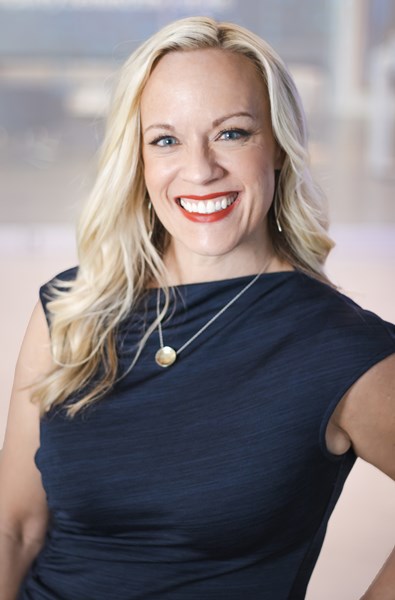Henry Ford said, “Whether you think you can or can’t, you’re right.” We have heard a lot about having a positive or growth mindset, but what does this mean, and how do you even begin changing a mindset? Let’s start by understanding what mindset means. Dr. Carol Dweck first defined fixed vs. growth mindset. In her book, Dr. Dweck states that in a fixed mindset, mistakes you make are shameful and that in a fixed mindset is that you will always be what you are. A fixed mindset believes your qualities are unchangeable and proving to yourself over and over rather than learning and making changes. A growth mindset knows that where your understanding of something begins is only starting point of development. By acknowledging the two mindsets, you can begin to think and act in different ways. Your view of yourself tremendously impacts how you lead your life.
To cultivate a growth mindset, we must understand our limiting beliefs about what we feel we are capable of accomplishing. A limiting belief is a story you tell yourself about what holds you back from becoming who you truly want to be. It limits you from reaching your full potential. To identify a limiting belief, grab a journal and a pen and answer the following questions. “What would I want if it were guaranteed to happen?” and “What is the ultimate vision for my life?” Then ask yourself, “Why don’t I have my desire? Why am I not living my vision?” Often the answer to these questions can reveal a limiting belief. Here is an example. I was a dental hygienist before I was a consultant. I was interested in transitioning into a consultant, but I hesitated for a long time. When I asked myself why I wasn’t pursuing what I wanted to do, the answer was, “There are already people doing this, and how can I compete with them?” I had identified the limiting belief! After identifying the limiting belief, ask yourself, is this true? Most of the time, it is NOT. No one was me, with my perspective and experience, and they can’t see the world the same way I do. So, even with other consultants, no one can offer what I can.
This is where growth mindset comes in. Once I identified a limiting belief, it would keep me stuck in a fixed mindset of what I thought I “knew,” and I felt I had to prove again and again to myself that it was true. Once I transitioned to a growth mindset, I knew I could say…I wasn’t a consultant YET, but I knew my gifts and how to tell people how I could help their teams and communication styles and change their lives. I could believe in the new truth by asking myself what I can or how I can act on what I know. This is growth mindset. You don’t need to see the entire staircase. You are in the middle of your quantum leap, and you often don’t know what it looks like when you land. But when you do, you will land in your own new truth, and know that when you get in your own way next time, you have proven that you can always learn and develop into your most significant potential.

Submitted by Dr Kelly Tanner, PhD, RDH